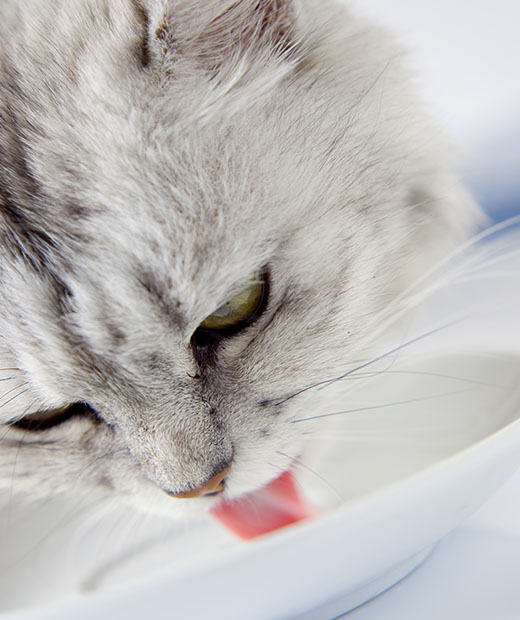Dogs and cats are complex creatures, just like people, and many of the same diseases affect all of us.
Internal Medicine
As animals age, some habits and behaviors change in a normal and healthy way. You may also notice changes, indicating that your dog or cat has a medical problem. Abnormalities in your pet’s energy level, drinking, urination, eating habits, or even coat quality, suggest that you should schedule an appointment with your veterinarian for an exam.
Upon examination, your veterinarian may recommend additional testing or treatments for your pet to keep them feeling well.
Passion for Pets and their People
A few of the many disorders we see:

Valley Fever
Valley Fever is a significant disease unique to the desert Southwest United States
Valley Fever is a fungal infection that animals get by breathing in fungal spores found in the soil. As a result, these spores may become airborne, travel many miles, and affect dogs, cats, people, and other animals. It can often look like many different things, depending on where the infection is in the body. The most common clinical signs are coughing, limping, and lethargy. Any one of these things makes Arizona veterinarians suspicious of Valley Fever.
When pets begin treatment for Valley Fever, the animals start feeling better quickly. However, the cure may take even longer than a year.
Thyroid Disorders
Both dogs and cats can have thyroid hormone problems
Interestingly, hypothyroidism (too little thyroid hormone) usually affects dogs, and hyperthyroidism (too much thyroid hormone) usually affects cats. Though very treatable, these opposite diseases are treated very differently in pets. Thyroid disorder will change your pet’s metabolism, hair coat, and the way they feel.
Maintaining adequate thyroid hormone balance will make your pet healthier overall, improve the way they feel, and help them live longer.


Steroid Imbalance
Steroid hormones are essential to maintaining normal function and vital processes
Hormones are produced by specialized organs in the body and play a role in nearly every metabolic process. Therefore, balancing steroid hormones is quite complex and relies on specialized testing for diagnosis and management. In some complicated cases, keeping your pet healthy may even require the expertise of a veterinary internal medicine specialist to achieve proper steroid balance.
Dogs with steroid imbalance may appear healthy or sick. You may notice a sick dog is drinking more, urinating more, excessively tired, losing muscle, panting excessively, and a variety of other things.
HEART DISEASE
Many animals develop heart disease as they age
As heart disease progresses, you may notice coughing or exercise intolerance. In many cases, heart medications can drastically improve the quality and quantity of life for animals with heart disease.
Consistent coughing is an important reason to bring your dog or cat to Primary Pet Care to find and treat the underlying cause.


DIABETES
Dogs and cats can be affected by diabetes
When their body does not produce enough insulin, or their insulin has a reduced effect. Either way, insulin will need to be given to these pets to maintain proper blood sugar levels. When a dog or cat has diabetes, they usually begin to urinate more and drink more than they used to, and they may start losing weight.
These symptoms can also look like other diseases, which your veterinarian will guide you through.
Have questions?
We'll get back to you right away
They truly cared about my two dogs I brought in. Answered all my questions about my new puppy. I look forward to the years of treatment from them. Highly recommended. Our pets are like our kids and it’s important to have a safe feeling about where we take them and the care they get!!!!
your pet's in good hands
When in doubt, you can trust that the team at Primary Pet Care is committed to the long-term internal health of your dog or cat.

